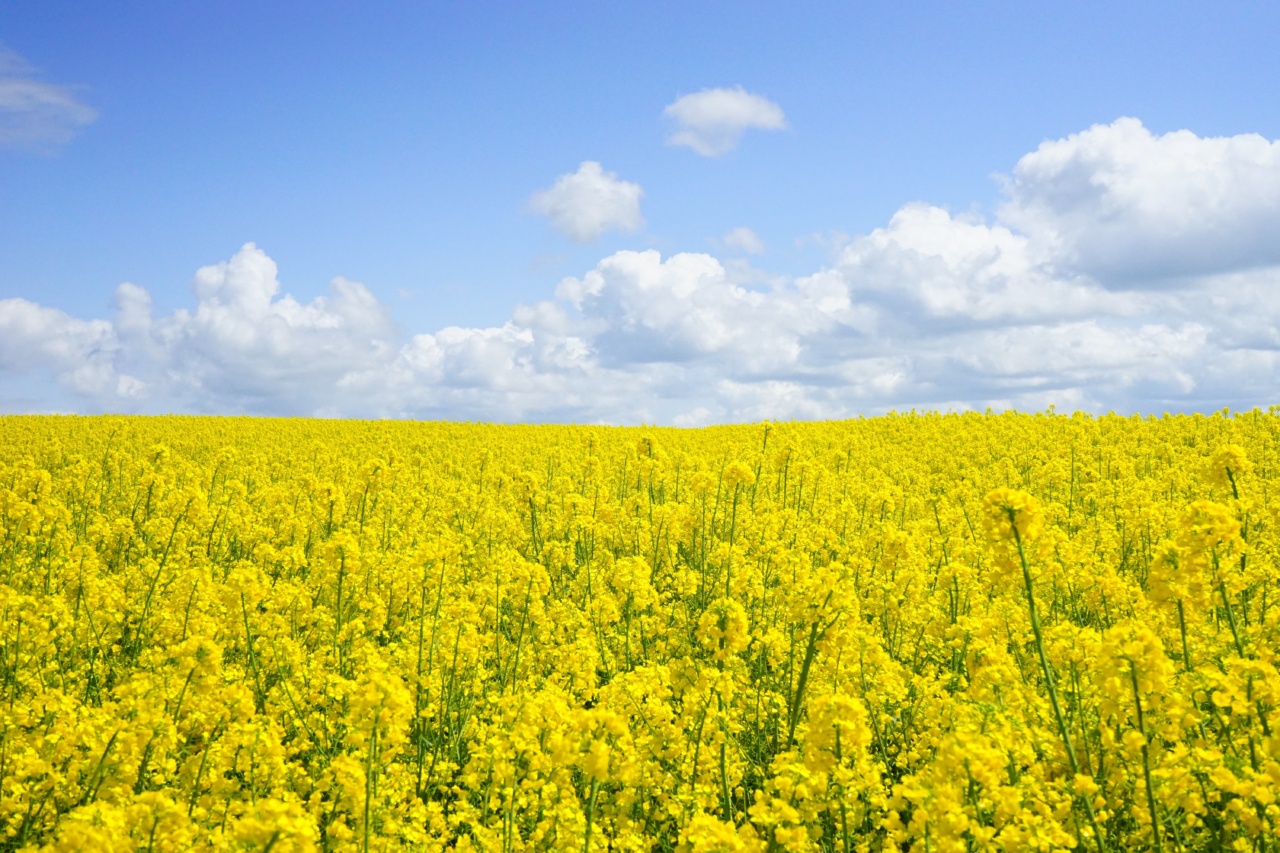As the weather gets warmer and nature springs to life, allergies become a common problem for many people. Spring pollen is one of the main culprits behind seasonal allergies.
In this article, we explore the hidden dangers of spring pollen and how you can protect yourself from its harmful effects.
What is Spring Pollen?
Pollen is a powder-like substance produced by flowering plants, trees, and grasses. During the spring, trees and plants release large amounts of pollen into the air, which can trigger allergic reactions in people who are sensitive to it.
Common spring pollen sources include oak, maple, birch, cedar, and elm trees, as well as ragweed, dandelions, and other weeds.
How Does Spring Pollen Affect Your Health?
For many people, spring pollen can cause a range of symptoms, including:.
- Sneezing
- Runny or stuffy nose
- Wheezing or coughing
- Watery or itchy eyes
- Skin rash or hives
- Headache
- Fatigue or weakness
For people with asthma or other respiratory conditions, spring pollen can trigger more severe symptoms, such as difficulty breathing, chest pain, or even an asthma attack.
If you have allergies or asthma, it is important to take extra precautions during pollen season to protect your health.
How Can You Protect Yourself from Spring Pollen?
There are several steps you can take to reduce your exposure to spring pollen:.
- Stay indoors during peak pollen hours, typically in the early morning and late afternoon.
- Use an air purifier with a HEPA filter to remove pollen from the air in your home.
- Keep doors and windows closed, especially on windy days when pollen levels are high.
- Wear a mask or scarf to cover your nose and mouth when you are outside.
- Change your clothes and shower after spending time outdoors to remove any pollen from your skin and hair.
In addition to these precautions, you can also take allergy medication to help relieve your symptoms. Antihistamines, decongestants, and nasal sprays are all commonly used to treat allergies.
However, it is important to follow the instructions on the label and talk to your doctor before taking any new medication.
The Hidden Dangers of Spring Pollen
While spring pollen is mainly known for causing allergy symptoms, it can also have other harmful effects on your health. Research has shown that exposure to pollen can increase the risk of several serious health conditions, including:.
- Asthma: People with asthma are more likely to experience symptoms during pollen season, and exposure to pollen can make their asthma worse.
- Cardiovascular disease: A study published in the Journal of Allergy and Clinical Immunology found that exposure to pollen can increase the risk of heart attack and stroke in people with cardiovascular disease.
- Cancer: A study published in the International Journal of Cancer found that exposure to pollen can increase the risk of certain types of cancer, including breast cancer and prostate cancer.
- Neurological disorders: A study published in the Journal of Allergy and Clinical Immunology found that exposure to pollen can increase the risk of developing neurological disorders, such as Parkinson’s disease and multiple sclerosis.
These findings show that spring pollen is not just a minor inconvenience for allergy sufferers, but a serious health risk.
It is important to take measures to protect yourself from pollen exposure, not just to relieve your symptoms, but to prevent long-term health effects.
Conclusion
Spring pollen may seem harmless, but it can be a major health risk for many people. By taking steps to reduce your exposure to pollen, you can protect your health and prevent long-term health effects.
If you experience allergy symptoms or have a respiratory condition, talk to your doctor about the best ways to manage your symptoms during pollen season.




























